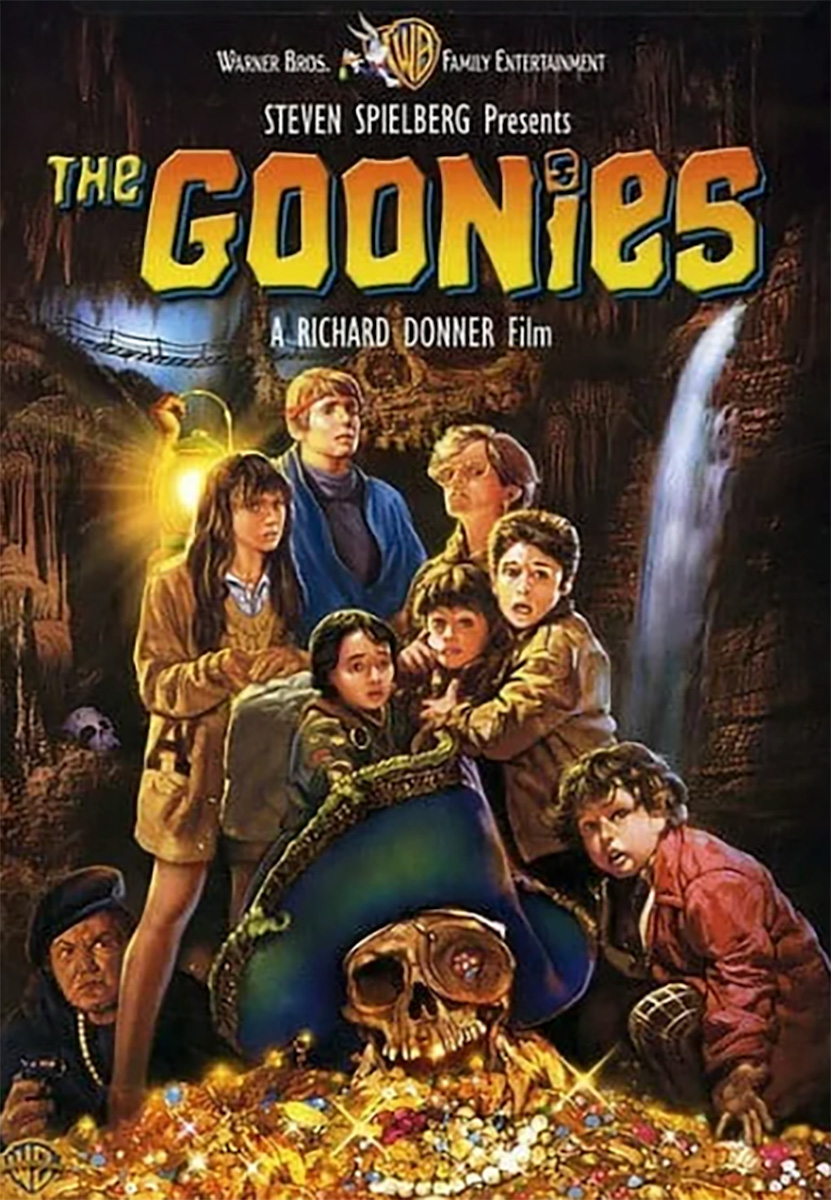 Janie Boschma
Janie BoschmaA few weeks ago, I found myself giving a presentation on an Argentine author whose works closely relate, both in style and subject matter, to a very famous author named Lord Byron. Assuming, maybe stupidly, that almost everyone had read at least SOMETHING of his throughout his or her education, much less be familiar with the name, I built much of my presentation on the comparison of the two writers. But before my presentation, I asked those who knew of Byron to raise their hands. Nothing. Not a single person, minus the professor, had even heard of him. Stunned, I had no choice but to skip most of the comparison part of the presentation. The result was as expected – a short, disjointed presentation (not to mention a poor grade), and a lingering sense of bewilderment on my part.
When did literature lose its importance in our education? I’m not just talking about general education, either. I know several English majors who have never picked up a copy of Chaucer’s “Canterbury Tales,” regardless of the fact that much of the literature that sprung up in the English language has roots in the language itself. Everyone can still name Shakespeare, but some of his more famous plays are based on stories by Chaucer. The fact of the matter is that much of the canon in literature has disappeared or at least shrunk to envelop only the older generations and those of us dedicated enough to search out these classics on our own. It pains me to sit through a class filled with “scholars” who have never read nor heard the story of Beowulf (soon to be rectified through a motion picture sure to sensationalize the action but slaughter the beauty of the language represented in this piece), who could tell you that Moby Dick was a whale, but not that Herman Melville wrote it, and who can tell you who played the character “V” in the movie, but not that it started out as a graphic novel by Alan Moore and David Lloyd.
Years ago, it was not only common, but expected that everyone, not just those pursuing a degree in English, was well versed in the classics of literature. Today, a teacher is lucky to have one or two students who have read “Dubliners” when James Joyce is the topic of conversation. Students are able to simply slide through English classes knowing nothing about classical literature other than what little Wikipedia or Spark Notes can provide.
Some people disagree with me, saying that today’s focus is more often on modern literature and is just as important. My question is, how can we understand modern literature without understanding what came before it? The literature that is written today is influenced by what was written a generation before, and that is just as important to understand.
Take poetry as an example. Modern day poets do not have to rely on traditional form or rhyme when writing a poem. Many say that doing so stifles a writer. I firmly believe that a person needs to learn the rules and learn how to follow them first; only then can a person learn to break them, and truly have an understanding of poetry. The same goes for reading literature. If you don’t know how literature started – how they wrote in the past – it is almost impossible to understand where modern literature comes from.
My fear is that the canon of classics will continue to die out until it no longer contributes at all to what supposedly constitutes a “well-rounded” education. And by then, so few will have read the classics that allusions to them will no longer be noticeable or obvious; and a beautiful part of our language will be bound into the dusty library books in the basement rolling stacks amongst other ancient texts.
Evers is a senior creative writing and Spanish double-major and guest columnist for The Spectator.






